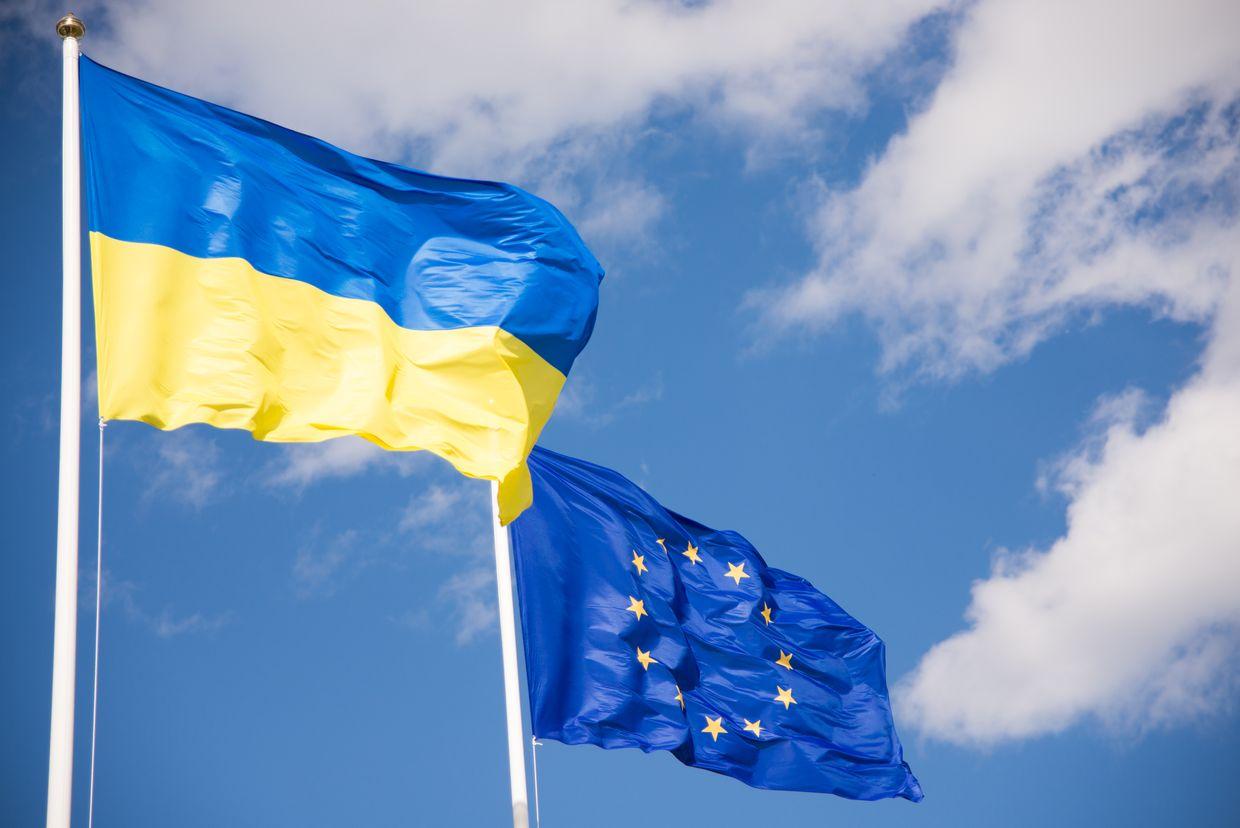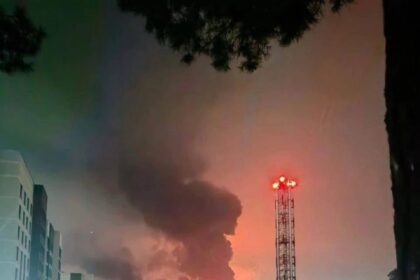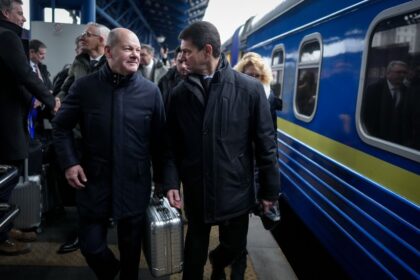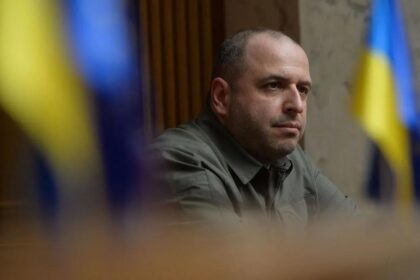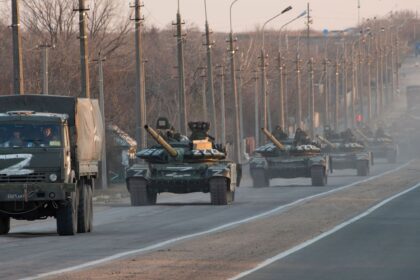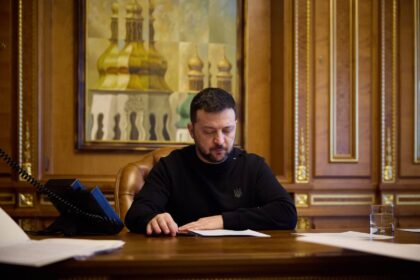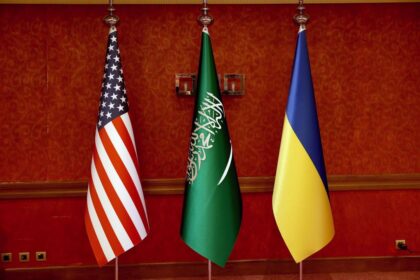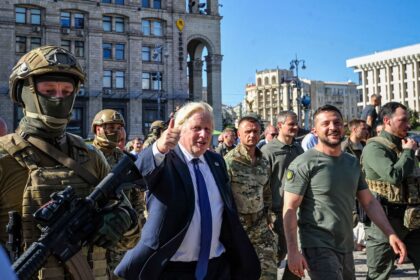**EU-Ukraine Trade Deal Sparks Controversy Among Five Member States**
A new trade agreement between Ukraine and the European Union has raised concerns among five EU member states. According to several EU diplomats, Poland, Slovakia, Hungary, Bulgaria, and Romania are unhappy with the deal, which they believe could destabilize the bloc’s agricultural market.
The Deep and Comprehensive Free Trade Area (DCFTA) agreement replaces the autonomous trade measures (ATMs) that allowed Ukrainian agricultural and food products to enter the EU tariff-free since 2022. However, this change has sparked opposition from some EU countries, particularly those neighboring Ukraine.
Protests against Ukrainian agricultural exports to the bloc occurred through much of 2022 in EU countries bordering Ukraine. The issue is a sensitive one, with many farmers in these countries fearing unfair competition from Ukrainian products. For example, Polish truckers recently restarted protests at the Yahodyn-Dorohusk checkpoint on the Ukrainian-Polish border, limiting truck passage to just one vehicle per hour in each direction.
The new trade deal is structured into three groups, with some products seeing modest quota increases and others having their quotas adjusted to reflect peak import levels reached since Russia’s war began. However, the agreement also includes products with fully open trade to the EU, which has raised concerns among those opposing the deal.
Polish President-elect Karol Nawrocki made it clear that his country would not agree to unfair competition from Ukraine for Polish agriculture or the logistics sector. This opposition reflects a broader concern among some EU countries about the impact of Ukrainian agricultural exports on their domestic markets.
**Agriculture Commissioner Christoph Hansen Responds**
European Commissioner for Agriculture, Christoph Hansen, acknowledged the differing views on the new trade agreement during an EU Agriculture Council meeting. He stated that it is useful to have a frank discussion in this format and presented facts about the agreement, emphasizing that it is in the interests of EU farmers.
However, the debate surrounding the DCFTA highlights the complexities of international trade agreements and the competing interests of various stakeholders. As the EU continues to navigate these challenges, the bloc will need to carefully balance its commitments to Ukraine with the concerns of its own member states.
**What’s Next?**
The controversy surrounding the new trade agreement between Ukraine and the EU is a developing story. As the situation unfolds, it remains to be seen how this dispute will be resolved and what impact it will have on the broader EU-Ukraine relationship. One thing is certain: this debate highlights the need for open communication and cooperation among EU member states as they navigate the intricacies of international trade agreements.
Read More @ kyivindependent.com




